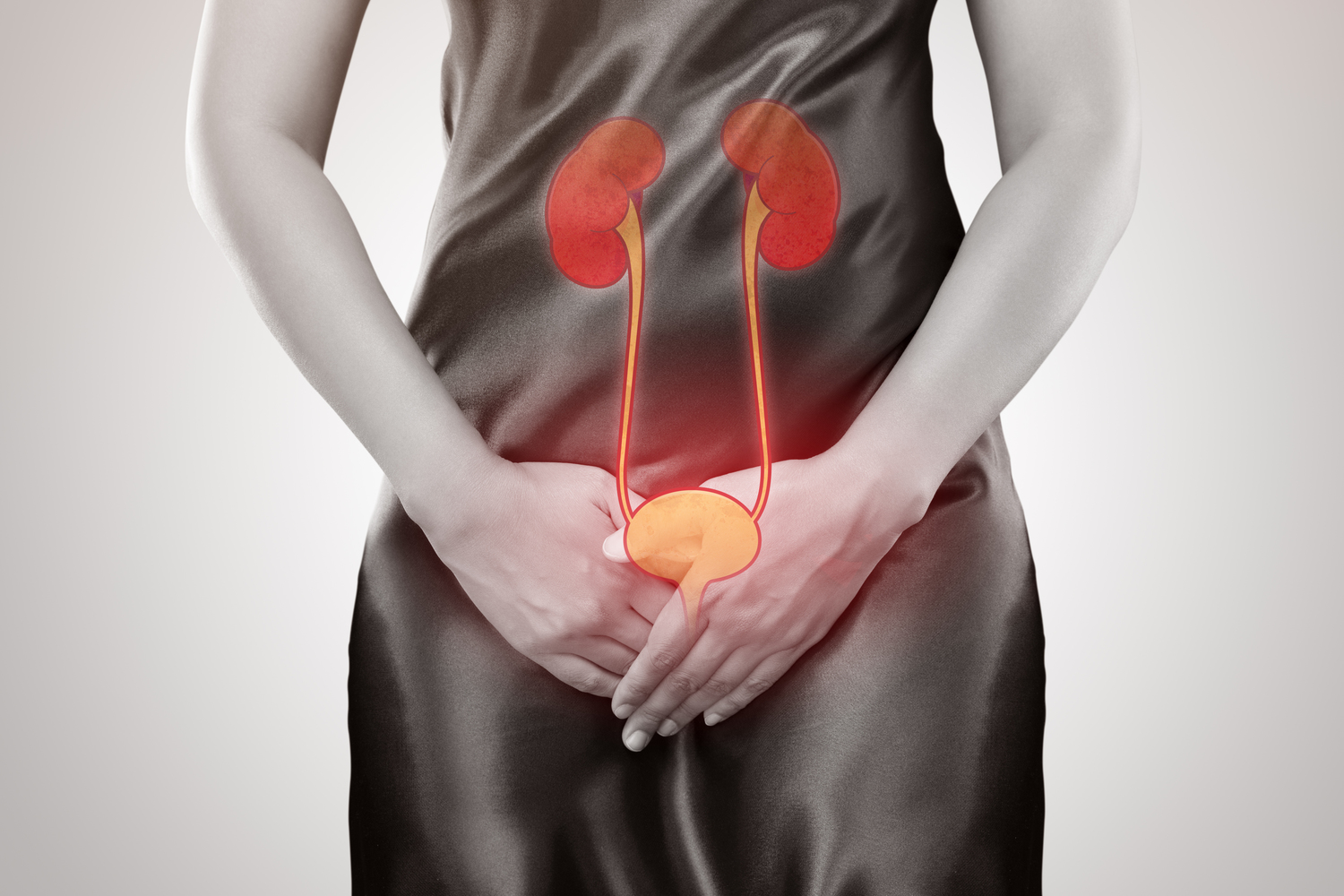Understanding Myocardial Infarction: Symptoms, Causes, and Treatments
This comprehensive guide explains myocardial infarction, highlighting symptoms, causes, risk factors, and treatment options. Awareness and prompt action are essential for effective management and survival. Learn about prevention strategies, diagnostic methods, and emergency procedures to protect your heart health.

Understanding Myocardial Infarction: Symptoms, Causes, and Treatments
A heart attack, medically known as myocardial infarction, occurs when a portion of the heart muscle is damaged or dies due to inadequate blood flow. Usually caused by a blocked artery resulting from a blood clot, this condition leads to electrical instability in the heart tissue and intense chest pain. Men over 45 and women over 55 are more prone. Recognizable signs include chest pressure, pain radiating to the jaw or back, shortness of breath, nausea, sweating, and discomfort in the upper abdomen. Some attacks may be silent, especially in diabetics, underscoring the importance of prompt medical attention.
Early recognition of symptoms and immediate intervention are vital. Delayed treatment can cause lasting heart damage or death. Women may experience atypical symptoms such as neck pain, fatigue, or nausea, complicating diagnosis. Common complications include heart failure and dangerous arrhythmias like ventricular fibrillation, which can result in brain damage or death if untreated. Causes mainly comprise atherosclerosis, where cholesterol deposits narrow arteries, impairing blood flow. Lifestyle factors like smoking, high cholesterol, hypertension, and diabetes worsen risk. Prevention emphasizes a healthy diet, regular exercise, and managing risk factors. When a heart attack occurs, emergency measures such as CPR and defibrillation can save lives. Post-attack treatments include medications, angioplasty, and bypass surgery, aimed at preventing future incidents. Awareness and quick response are crucial for survival and heart health.










